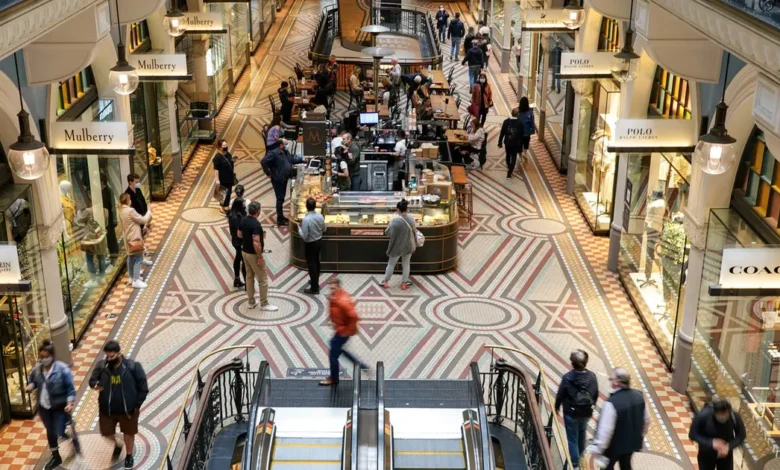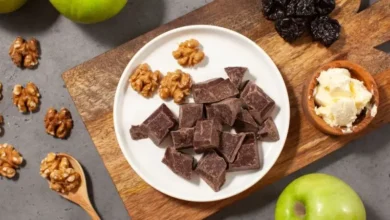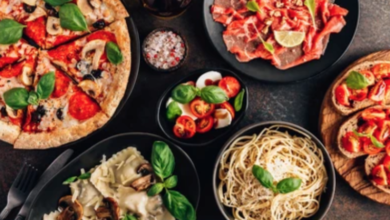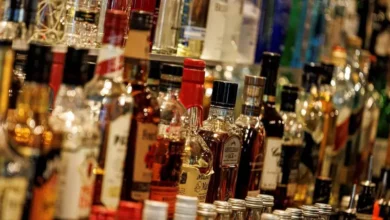Global addiction to luxury on the rise, leading mental health clinic says

From designer goods to cosmetic procedures, a silent addiction to luxury is growing, according to leading mental health clinic Paracelsus Recovery.
The Zurich-based mental health and addiction clinic has defined a new syndrome it is increasingly seeing in clients addicted to luxury goods as “opulomania.”
Fueled by social media, global brand access, and rapid wealth accumulation, the line between healthy indulgence and psychological compulsion is blurring, Jan Gerber, Founder and CEO of Paracelsus Recovery said in a statement.
Young adults, entrepreneurs, influencers, and even traditional family business heirs are increasingly engaging in constant luxury pursuits—from excessive retail therapy and car collections to over-the-top travel and cosmetic procedures—to fill internal voids, he explained.
“Whether clients come to us for trauma, burnout, depression or substance use, a dependency on luxury goods as a measure of self-worth nearly always emerges. This isn’t about designer handbags or yachts—it’s about an emotional coping mechanism gone unchecked,” Gerber said.
Over the last two decades, luxury has transformed from a symbol of rare achievement to a widely marketed aspiration.
LVMH, the world’s largest luxury conglomerate, is a striking example.
In 2005, the company reported revenues of over $15 billion. By 2023, this figure had soared to over $97.4 billion—an increase of more than 500 percent—with its market capitalization surpassing $453 billion.
This explosive growth is not just a financial triumph; it reflects a deeper cultural shift in how luxury is perceived and consumed, Gerber said.
A growing psychological dependence on brand identity as a source of personal validation is a main driver for that growth, he added.
Luxury has shifted from an occasional indulgence to a constant lifestyle aspiration—one often masked as success but deeply entangled with emotional escape.
The brain’s dopamine system, which evolved to support survival by driving motivation, becomes hijacked by the constant anticipation of luxury.
“Dopamine isn’t about pleasure, it’s about the chase. The first purchase excites, but soon, it takes more and more just to feel the same. That cycle is classic addiction,” the Paracelsus Recovery CEO and Founder said.
This modern-day “hedonic treadmill” can leave individuals feeling empty, disconnected, and vulnerable to more severe mental health issues, especially when luxury is tied to identity and validation, he noted.
“One of the most dangerous aspects of this behavior, is its social acceptability. We live in a culture where the next purchase is seen as a legitimate path to happiness. But what we’re really craving isn’t the item—it’s the emotional state we hope it will deliver: Safety, admiration, connection.”
Countering addiction
To counter the lure of luxury as self-worth, Paracelsus Recovery recommends simple yet transformative practices like gratitude check-ins and embodied self-awareness.
“Asking ‘How do I feel right now?’ or ‘What am I grateful for?’ starts to rewire the brain toward presence, not pursuit,” Gerber said.
The clinic’s holistic approach aims to interrupt these patterns by incorporating a blend of neuroscience-based therapies and introspective practices.
Clients are guided toward conscious consumption and emotional awareness.
“The goal isn’t to reject beauty or craftsmanship,” Gerber said, adding that “it’s about having control over how and why we consume.”










